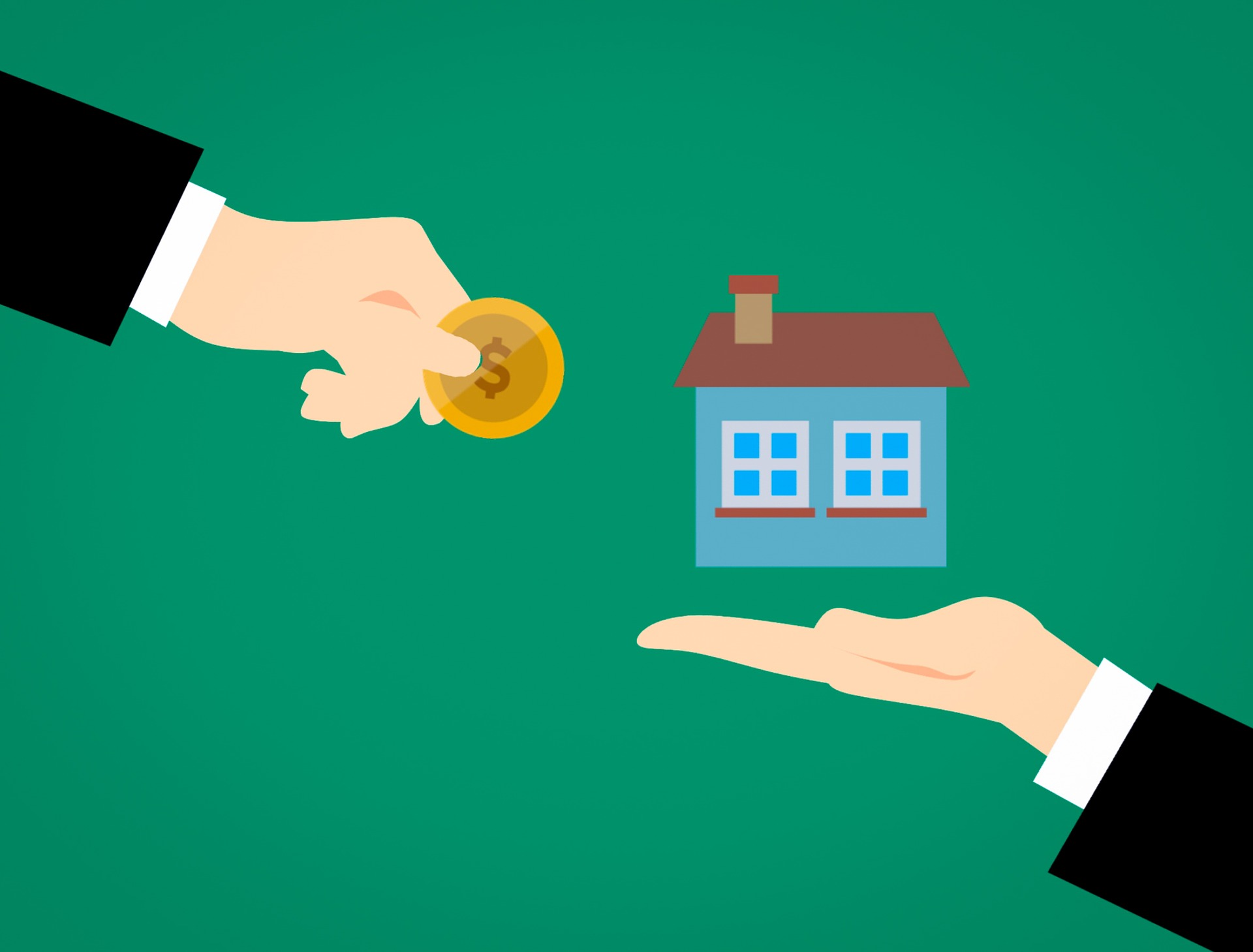Unlocking Home Equity: A Comprehensive Guide to Reverse Mortgages
Reverse mortgages have become an increasingly popular financial tool for homeowners aged 62 and older in the United States. This unique loan option allows seniors to tap into their home equity without the burden of monthly mortgage payments. As the population continues to age and retirement savings become a growing concern, understanding the ins and outs of reverse mortgages is more important than ever. Let's dive into the world of reverse mortgages and explore how they work, their benefits, and potential drawbacks.

What Exactly is a Reverse Mortgage?
A reverse mortgage is a type of loan that allows homeowners to borrow against the equity in their home without having to make monthly mortgage payments. Instead of the homeowner paying the lender, the lender pays the homeowner. The loan is typically repaid when the homeowner sells the house, moves out, or passes away. This financial product is designed to provide older Americans with additional income during retirement, using their home as a source of funds.
How Does a Reverse Mortgage Work?
Unlike a traditional mortgage where you make payments to the lender, a reverse mortgage provides payments to you. The amount you can borrow depends on several factors, including your age, the value of your home, and current interest rates. You can receive the funds as a lump sum, fixed monthly payments, a line of credit, or a combination of these options. As you receive payments, your loan balance increases, and the equity in your home decreases.
Eligibility Requirements for a Reverse Mortgage
To qualify for a reverse mortgage, you must meet certain criteria. First and foremost, you must be at least 62 years old. You also need to own your home outright or have a significant amount of equity built up. The property must be your primary residence, and you must continue to pay property taxes, insurance, and maintain the home. Additionally, you’ll need to undergo a financial assessment to ensure you can meet these ongoing obligations.
Pros and Cons of Reverse Mortgages
Like any financial product, reverse mortgages come with both advantages and disadvantages. On the plus side, they provide a source of income without requiring monthly payments, allow you to stay in your home, and the funds are typically tax-free. However, reverse mortgages can be complex and expensive, with high upfront costs and interest rates. They also reduce the equity in your home, which may impact your ability to leave an inheritance to your heirs.
Important Considerations for Reverse Mortgages
Before deciding on a reverse mortgage, it’s crucial to understand all aspects of this financial tool. The loan becomes due when you sell the home, move out for more than 12 months, or pass away. At that point, you or your heirs will need to repay the loan, which could mean selling the home. It’s also important to note that while you won’t make monthly mortgage payments, you’re still responsible for property taxes, insurance, and home maintenance. Failure to meet these obligations could result in foreclosure.
Comparing Reverse Mortgage Lenders
When considering a reverse mortgage, it’s essential to compare different lenders and their offerings. Here’s a comparison of some top reverse mortgage lenders in the United States:
| Lender | Loan Types | Unique Features | Estimated APR Range |
|---|---|---|---|
| American Advisors Group (AAG) | HECM, Jumbo | Personalized service, educational resources | 3.785% - 7.908% |
| Finance of America Reverse | HECM, HomeSafe | Proprietary jumbo loans, flexible options | 4.170% - 7.616% |
| Reverse Mortgage Funding | HECM, Equity Elite | No mortgage insurance required on proprietary loans | 4.062% - 7.370% |
| Liberty Reverse Mortgage | HECM | User-friendly online tools, quick closing times | 3.875% - 7.990% |
Note: The APR ranges provided are estimates and may vary based on individual circumstances. It’s encouraged to conduct independent research and obtain current rates from lenders.
Reverse mortgages can be a valuable financial tool for seniors looking to supplement their retirement income. However, they’re not suitable for everyone. It’s crucial to carefully consider your financial situation, long-term goals, and alternatives before deciding if a reverse mortgage is right for you. Consulting with a financial advisor or housing counselor can help you make an informed decision about whether a reverse mortgage aligns with your needs and circumstances.
The shared information of this article is up-to-date as of the publishing date. For more up-to-date information, please conduct own research.




